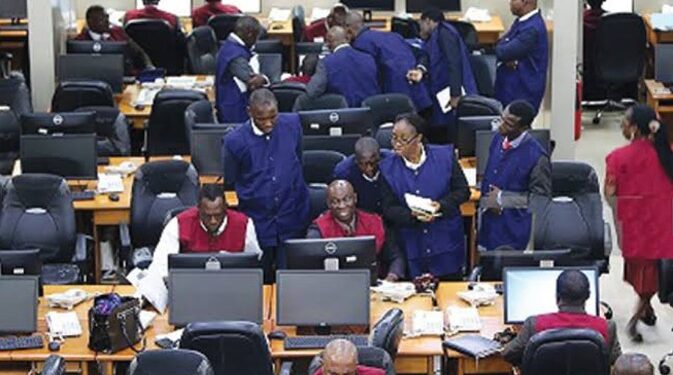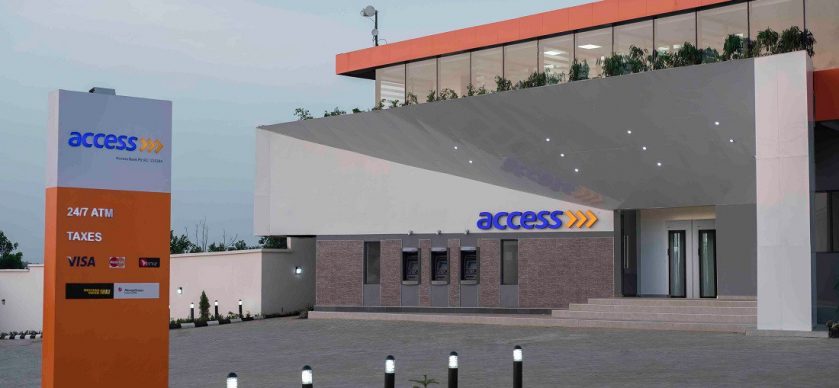Business Briefings
NCAA Introduces New $11.50 Travel Levy, Stakeholders Raise Concerns

The Nigerian Civil Aviation Authority (NCAA) has approved the introduction of an additional $11.50 levy on all international air tickets for passengers travelling into and out of the country, a move expected to generate almost $1 billion over the next 20 years.
The charge, classified under the Advance Passenger Information System (APIS), will be collected alongside the existing $20 security fee, bringing total security-related charges on international tickets to $31.50 per passenger. The levy is scheduled to take effect from December 2025.
In a circular signed by NCAA’s Director-General, Capt. Chris Najomo, and issued to airlines, carriers were directed to incorporate the new fee into their ticketing systems and remit collections directly to the authority.
According to the aviation regulator, the APIS levy is intended to strengthen security surveillance at airports and improve data processing for inbound and outbound passengers in line with global best practices.
However, the development has drawn criticism from operators and industry observers, who warn that the additional charge will further increase the cost of international travel.
Nigeria is already ranked among the most expensive aviation markets in Africa, with multiple taxes and fees imposed on travellers and airlines.
President of the Aircraft Owners and Pilots Association of Nigeria, Alex Nwuba, said that while the APIS framework itself is recognised internationally, the financial burden of implementation is often not passed to passengers in other countries.
“This comes at a time when Nigerian travellers already face some of the highest cumulative ticket charges on the continent,” he said, warning that higher taxes could discourage travel and strain airline revenues.
Also reacting, the President of the Association of Foreign Airlines Representatives in Nigeria, Kingsley Nwokeoma, described the levy as an additional burden on an already overstretched sector.
“The cost of air travel in Nigeria is already high. Adding a long-term fee of this nature risks discouraging tourism and investment,” he said.
Similarly, aviation analyst Capt. John Ojikutu (rtd.) questioned why the new levy was necessary when airlines already collect a $20 security charge for safety-related services.
Passenger traffic data from 2024 shows that Nigeria recorded 4.3 million international passengers in that year. Based on that volume, the NCAA could earn approximately $49.45 million annually once the levy is implemented.
Stakeholders have suggested that the agency review or phase the levy gradually, warning that sudden fee increases could push travellers to seek cheaper flights through neighbouring airports in Ghana, Togo or Benin Republic.
The NCAA has yet to respond to calls for further clarification on how the funds will be managed and monitored.



